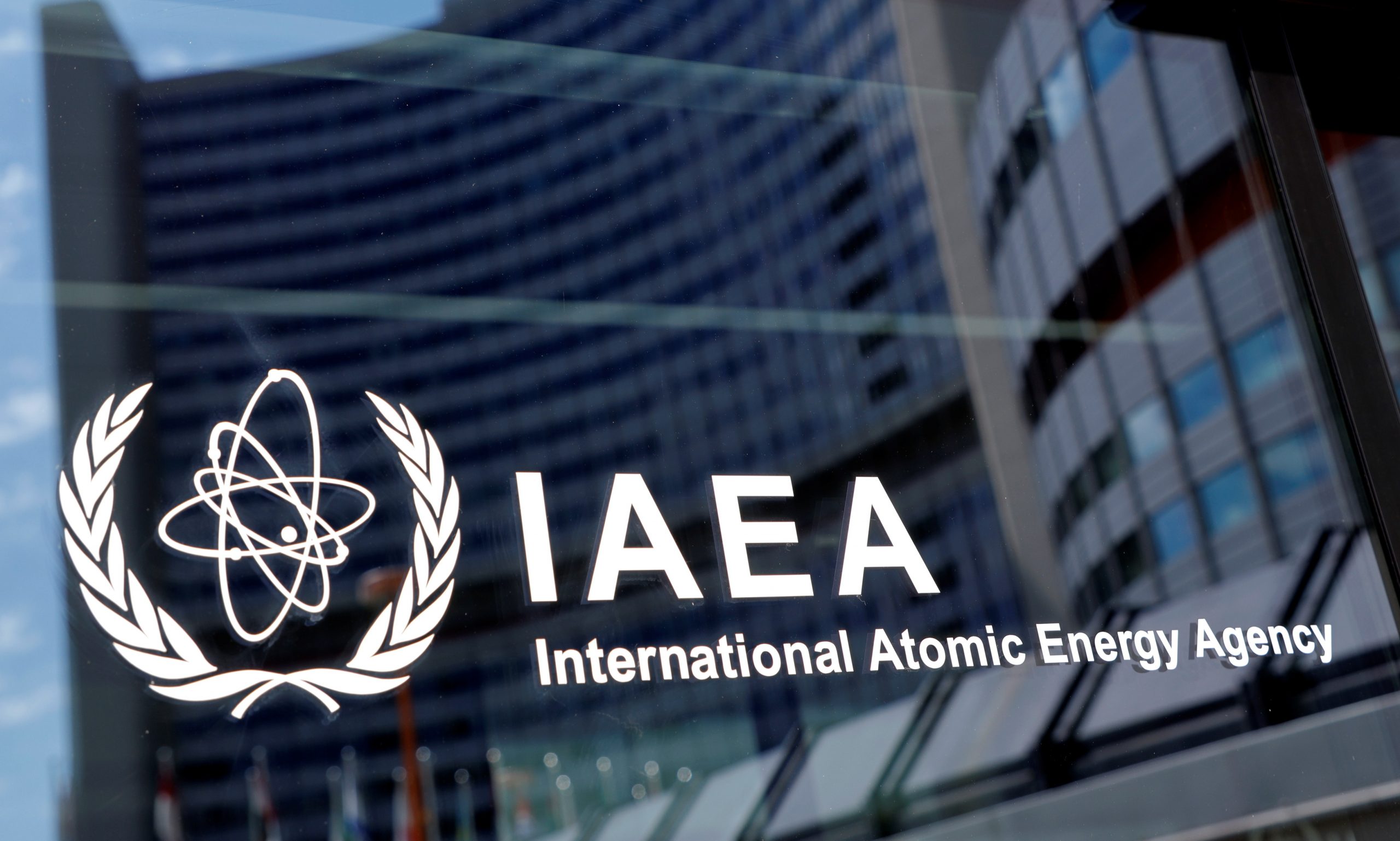Qatar receiving IAEA approval for three new national nuclear energy-based projects comes at a time of uncertainty for the region’s nuclear proliferation amid Israel’s war on Gaza.
Qatar is set to begin work on three new national projects in January 2024 after receiving approval from International Atomic Energy Agency (IAEA), state-run Qatar News Agency reported.
The projects, set to be completed in 2027, include technical cooperation in the field of cancer diagnoses, especially for child patients, tackling certain diseases found in animals, as well as the management of naturally occurring radioactive waste materials (NORM) from national oil and gas extraction.
During a November 15 press conference held at the Ministry of Environment and Climate Change’s (MoECC) headquarters, Abdul Hadi Nasser Al Marri, the MoECC’s Assistant Undersecretary for Environmental Affairs, said the Radiation and Chemical Protections Department will be updating its 2013 NORM regulations.
According to Al Marri, this update comes as Qatar seeks to usher greater safety precautions for oil industry workers and prevent radioactive exposure from NORM.
He further stated Qatar has put in place guidelines, in line with IAEA standards, for companies working with radioactive machinery and materials to uphold workplace safety.
Al Merri also pointed to diverse cooperation between Qatar and IAEA and has resulted with the launch of seven national projects covering agriculture, food safety from radioactive pollutants, in addition to three projects in the field of treatment and diagnosis using radiological techniques, as well as two projects in radiation protection and safety of radiation sources, implemented by the Radiation Control Department at MECC, according to QNA.
“These projects include: developing best practices using nuclear techniques in soil, nutrients, water and plants to increase feed production, strengthening national capabilities in the field of food safety to test and monitor waste “pollutants” using nuclear techniques, enhancing knowledge and applying dosimetry in the field of diagnostic radiology, and establishing services,” the report noted.
“Measuring internal doses, establishing a secondary laboratory to calibrate radiation measuring devices, and strengthening the regulatory infrastructure for effective control over medical, industrial and environmental monitoring, pointing out that the State of Qatar is currently participating in 14 regional projects in the fields of agriculture and education, 4 projects in the health sector, and 7 radiation safety projects. Environmental, and another livestock project,” QNA added.
Qatar IAEA relations
Qatar has been an IAEA member since 1976.
Self-styled as the “Atoms for Peace and Development organisation” for facilitating international scientific and technical cooperation within nuclear energy, the IAEA has cooperated with Qatar to develop optimal irrigation practices using nuclear neutron probes to combat desertification.
The IAEA has also supported Qatar’s Central Food Laboratory (CFL) to gain an ISO 17025 accreditation, which ensures imported food and drinking water safety from radioactive contaminants.
In November, the Ministry of Public Health (MoPH) sign a memorandum of practical arrangements with the IAEA to strengthen national food safety. During the signing ceremony, MoPH Assistant Minister, Salih Al-Marri commented that this latest development has the potential to transform the CFL into “a hub for training in the food safety discipline and associated research.”
Qatari demands for IAEA safeguards
Meanwhile, Qatar has long been vocal about nuclear weaponry in the region and has consistently called for Israel to ratify the Treaty on Non-Proliferation of Nuclear Weapons and for their nuclear programmes to be safeguarded by IAEA standards.
In a statement issued before the IAEA’s September 25 General Conference, National Committee for the Prohibition of Weapons Chairman Dr. Abdulaziz Salmeen Al Jabri cited the UN’s Security Council Resolutions 487 of 1981 and 687 of 1991, which have strongly urged Israel to place its nuclear facilities under IAEA safeguards.
Al Jabri also spoke of the necessity of international monitoring of Israeli nuclear proliferation to ensure the security of the region, in line with the framework of making the Middle East a nuclear-weapon-free zone.
The comments were made after far-right Jewish Power Party Minister Amichai Eliyahu said nuclear bombing was “one of Israel’s options in the war in Gaza,” where more than 12,000 people have been killed since October 7.
This sparked Palestinian Foreign Minister Riad al-Maliki to issue an urgent communique to the IAEA’s Director General, Rafael Mariano Grossi. In response to Eliyahu’s threatening remark, al-Maliki has called for “an official recognition that Israel possesses nuclear weapons and weapons of mass destruction, ” amid the ongoing war.
Eliyahu’s statement also stirred further international outrage, with China’s deputy United Nations (UN) ambassador, Geng Shuang, denouncing the far-right politician’s comments as “extremely irresponsible and disturbing.”
Israel’s ambiguous national nuclear weaponry programme is now under question as the state has repeatedly skirted around the question of its existence.
Analysts, however, suggest Israel’s nuclear arsenal consists of at least 50 nuclear ballistic missiles, and a further unknown amount of nuclear artillery shells and atomic demolition munitions.







